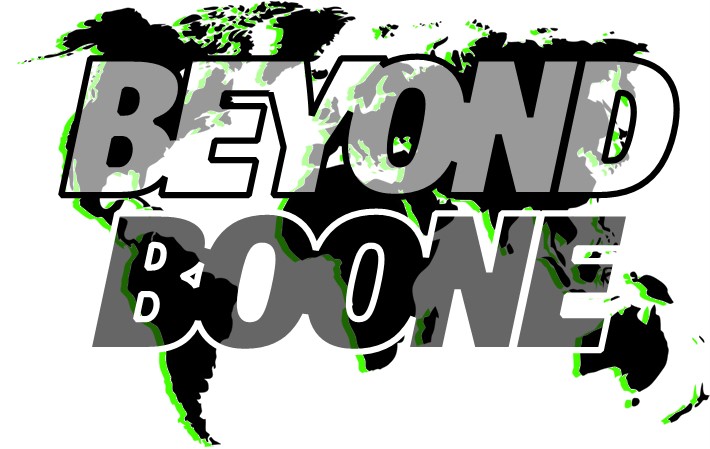Shooting in Christchurch, New Zealand leaves over 100 casualties
April 27, 2019
At least 50 people were killed and 50 more injured in a shooting on March 14 at two mosques in Christchurch, New Zealand; the rampage was broadcast online by the perpetrator.
Australian native Brenton Tarrant, 28, was identified as the shooter. Tarrant has so far been charged with only one count of murder, though New Zealand Prime Minister Jacinda Ardern said more charges are to come.
Ardern said in a press conference that the attacks were “an act of terrorism.” She refused to address Tarrant by name, but referred to him as a “terrorist,” a “criminal,” and an “extremist.”
Victims of the shootings were predominantly Middle-Eastern refugees, officials confirmed. Ardern said she believes New Zealand was targeted because the country “represents diversity, kindness, compassion, (and) a home for those who share our values.”
A 74-page manifesto titled “The Great Replacement” was published online to discussion boards such as “4Chan” and “Twitter” and emailed to various prominent news outlets by Tarrant shortly before the attacks began. Within the manifesto, Tarrant shared his white supremacist ideologies, his support for U.S. president Donald Trump, and his motivations for carrying out the attack.
Tarrant wrote that he wanted “to incite violence, retaliation and further divide between European people and Muslims (referenced within the manifesto as “invaders”)” and to “avenge” the European people who have died in Islamic related terrorist attacks.
The shooter was apprehended from his car by police 36 minutes after the first emergency report. Authorities found multiple firearms and two explosive devices in his vehicle.
In addition to Tarrant, three others were detained by New Zealand police, with one being charged with “intent to excite hostility or ill-will.” An elaboration to the arrests has not yet been given by authorities, though New Zealand Police Commissioner Mike Bush said the arrests were not related to Tarrant.
Those killed in the mosques were there for Friday Prayer, an event Muslims hold weekly as an obligation to their faith. Authorities said they believe that time was likely chosen by the shooter as it was when the mosques were most busy.
As a result of the shootings, schools in the Christchurch area were put under lockdown. In addition, local authorities urged residents to remain indoors, and requested all nearby mosques to temporarily close.
Tarrant livestreamed a portion of the attack onto Facebook where he reportedly could be seen entering the Al Noor Mosque, shooting at everyone he came into contact with, then making his way back to his car where he continued to fire at civilians in the streets.
The 17-minute livestream ended while Tarrant made his way to his next destination, the Linwood Islamic Centre.
During the attack on the Linwood mosque, Abdul Aziz, 48, began to disrupt the shooters plans. Reports say that Aziz engaged Tarrant in a chase outside of the mosque, where he used one of the shooters guns to smash his windshield and cause Tarrant to flee.
New Zealand authorities are hailing Aziz as a “hero,” saying that the death toll may have been much higher if not for the Good Samaritan. Aziz, a father of four, said in an interview with “Newshub” that his actions could be credited to God.
“I got to be honest, it wasn’t me, it was God who saved everybody,” Aziz said. He believes he only acted as anyone else would have in the situation.
During the Facebook broadcast, Tarrant reportedly told viewers to “subscribe to ‘PewDiePie,’” a slogan recited by fans of the popular internet personality.
Felix Kjellberg, owner of the PewDiePie YouTube channel, said on Twitter that he felt “absolutely sickened” by what the shooter had said.
The attacks are the most deadly mass shooting in New Zealand in 30 years, surpassing a 1990 shooting that killed 14 people and which resulted in stricter gun laws.
Prime Minister Ardern said that the Christchurch Shootings “exposed a range of weaknesses in New Zealand gun laws,” and as a result will prompt further action to restrict firearm legislation.
According to a New Zealand police report in 2017, over 99.6 percent of those who apply for a firearm license are accepted.
